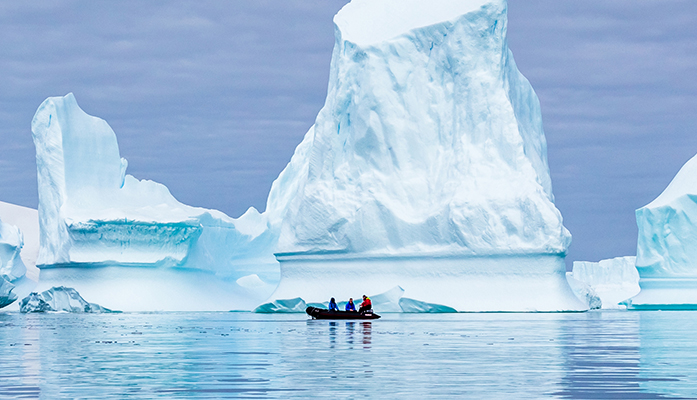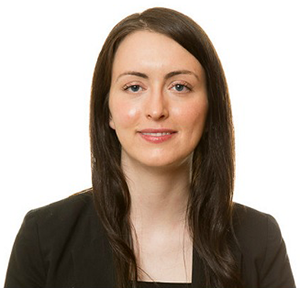
Lauren Kurtz (Master of Environmental Studies ‘12/Juris Doctorate ’10) is passionate about environmental policy. As a college graduate, she considered pursuing a career in policy from either a legal angle or an environmental management perspective. “I knew I wanted to work on certain environmental issues, and I wasn’t sure the best way to approach it,” she recalls. When she discovered that Penn’s Master of Environmental Studies (MES) program partners with Penn Law to enable students to earn a dual degree, she says, “I found the possibility of taking both tracks to be really exciting and valuable.”

As a dual degree student, Lauren valued the distinct character of each program. “Law school can be very theoretical, and it was good to be challenged in that way, but I liked being able to step outside and have this other avenue,” she reflects. “The MES classes were smaller, and the discussions more open. The MES program coordinators were wonderful and very flexible, which gave me the freedom to find a research project that was meaningful to me.” Lauren deferred law school admission for a year in order to work as a paralegal in an environmental law firm while taking evening courses for the MES program—a decision that let her test the waters and confirm her interest in both subject areas. “I started working as a litigation associate after graduating law school, but wasn’t getting a lot of environmental experience in that role,” she continues. “When I wanted to switch to working in a more public interest capacity, it was really helpful for me to have demonstrated interest, exposure, and training in environmental studies.”
Although Lauren had envisioned her legal career leading her into the field of proactive environmental protection, she discovered an opportunity to operate in a more defensive capacity and was intrigued. “I had not realized the extent to which scientists need to protect their work,” she says. As Executive Director at the Climate Science Legal Defense Fund, Lauren draws on her legal and environmental expertise to marshal resources and legal support for climate scientists who are legally threatened or harassed for conducting and publishing their environmental research. “True scientific transparency is sharing your data, inviting feedback, or inviting others to replicate your published results,” Lauren explains. “What we try to protect scientists from are attempts to do fishing expeditions through e-mails, suing scientists for defamation, or preventing scientists from speaking to the press—things that are really beyond any valuable critique of the scientific method.”
“We live in an era in which science and facts and truth are under siege,” she adds. “Scientists need support to fight back against attempts to censor their research.”





